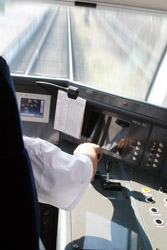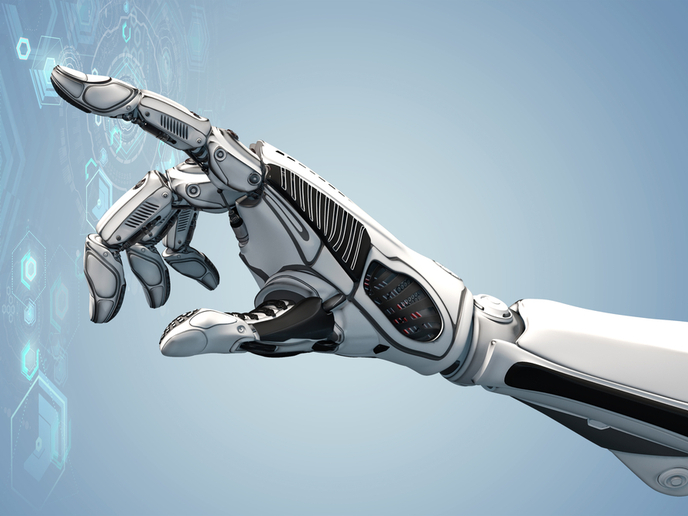The ultimate in driver’s desk technology
Road freight transport is entirely dependent on fossil fuel and is a major carbon dioxide (CO2) contributor. Under European initiatives such as the Marco Polo Programme, transport policy objectives include shifting freight from the roads to more environmentally friendly modes like rail. One key area of a train system open for improvement is the driver's desk, the man-machine interface (MMI). Improving the software in this crucial area and standardising the operations of the desk would achieve a reduction in life-cycle costs (LCC) estimated at 15 %. The EU-funded 'European driver's desk advanced concept implementation - contribution to foster interoperability' (Euddplus) project has developed an exhaustively tested driver's desk with harmonised configuration and controls. Human-machine interface experts devised simulator tests based on experience gained in previous EU projects. The field tests took place re-enacting cross-border operation involving drivers from several European operators to test the advantages of the driver's desk (usability testing). An eye tracking system was used to test ergonomics of the desk, and attention requirements and reasons for having to devote high mental effort were deduced from the results. For the driver, the new desk offers optimum ergonomic features. Situation-adjusted information presentation offers safe vehicle guidance and helps to ensure an appropriate and adequate reaction in dangerous or unexpected situations. All electro-mechanical parts have been replaced with fully electronic displays, an added bonus for reliability, safety and reduced maintenance costs. The European rail system stands to benefit in many ways. Unified processes result in less training effort for drivers and cost reduction due to flexibility of staff. Lower maintenance costs are due to mass-produced spare parts rather than rail-customised machine parts. Development of the European driver's desk has achieved an innovative vehicle concept for both passengers and freight. Rail transport is set to become safer, cheaper and more efficient and a more viable alternative in Europe's transport system.







